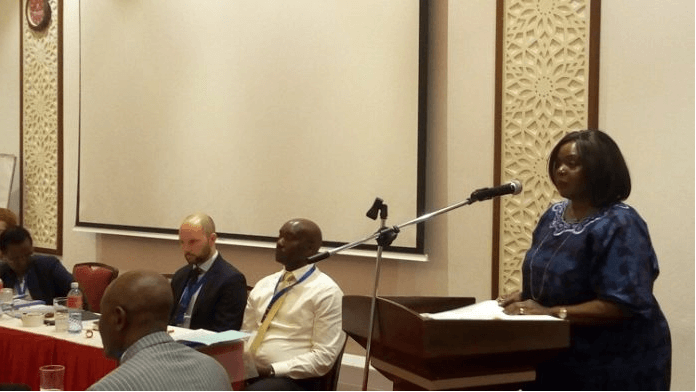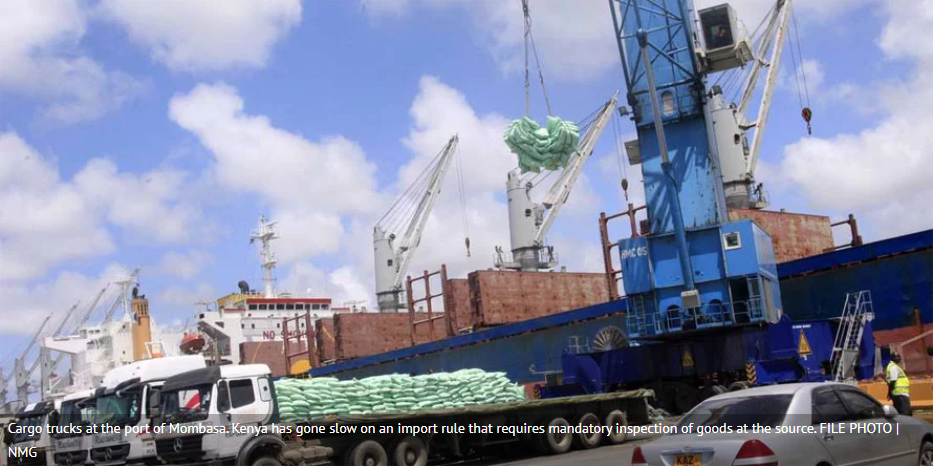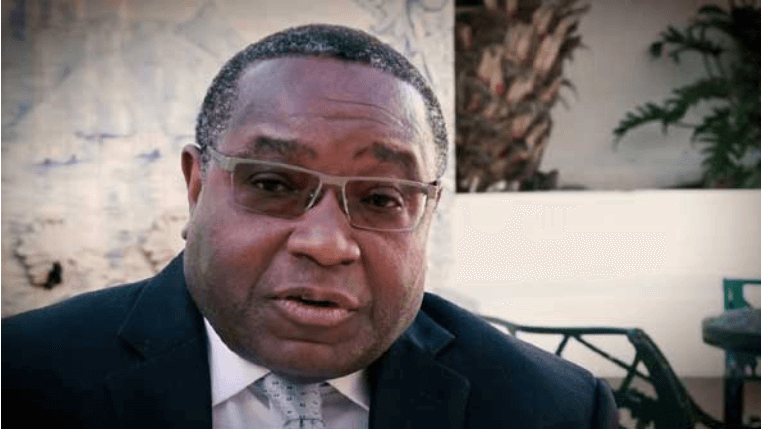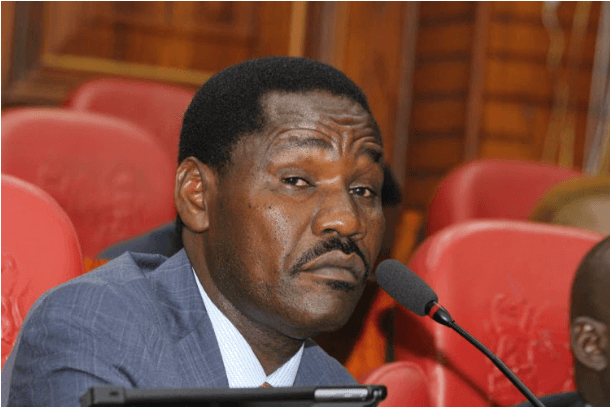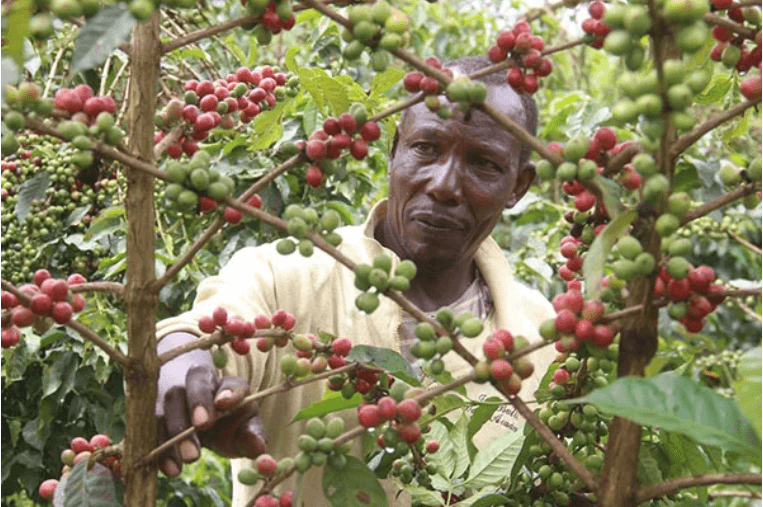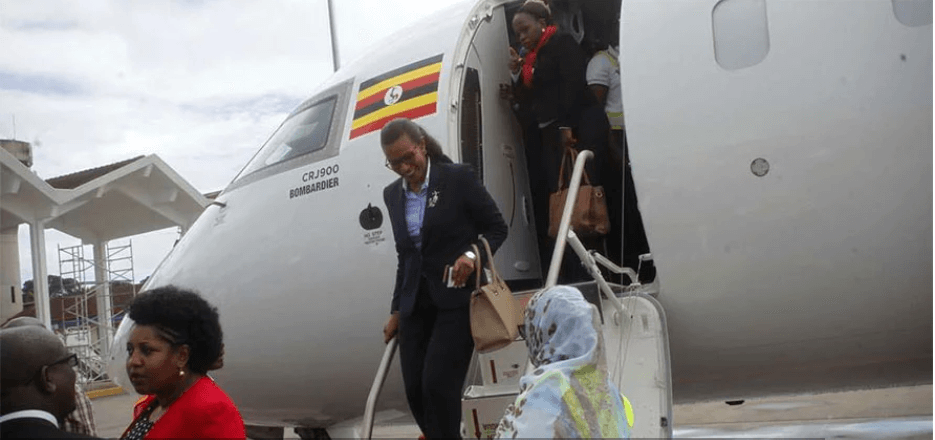African countries have been urged to carefully analyze global lessons and think beyond short-termism so as to effectively tap into the benefits offered by the African Continental Free Trade Area (AfCFTA) Agreement. The latest call was made by the Institute for Security Studies (ISS), an African non-profit organization, as it stressed that "global lessons show that for AfCFTA to work, the continent's leaders must think beyond short-term election cycles." The ISS, in its latest publication on Thursday entitled "Can African leaders put free trade above nationalism?" also noted that the signing of the continental free trade pact "couldn't have come at a better time for the continent," emphasizing some of the latest developments in the global trade relations. According to the institute, the collective effort required to get 54 of the 55 African Union (AU) member countries to sign the AfCFTA, "particularly on a continent divided by disparate political agendas, short-termism and sporadic diplomatic standoffs, shouldn't be underestimated." "While the agreement is lauded as an African solution to African problems, it is worth remembering the pitfalls of those who've traveled a similar journey to avoid the same mistakes. This is even more important as trade agreements worldwide show signs of unraveling," the ISS said. Noting that trade relations in Europe were forged over decades following World War II to counteract the factors that caused the war, and collaborate for sustained economic growth and prosperity. Reaching agreement was an arduous process, the ISS stressed that "Africa seeks the same outcome in...
Africa urged to avoid short-termism to realize AfCFTA
Posted on: November 15, 2019
Posted on: November 15, 2019


